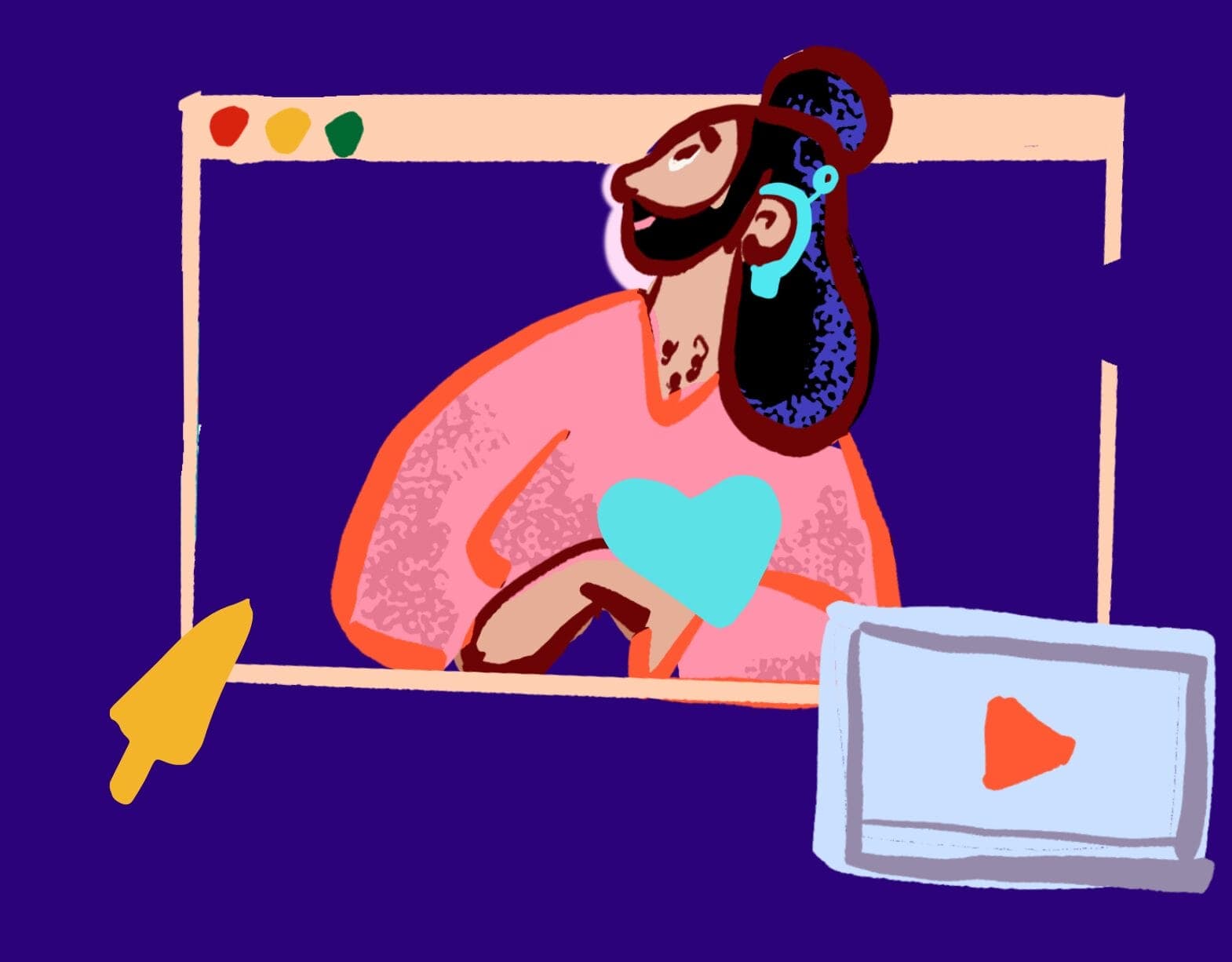Where someone lives shapes every part of life—from available opportunities to the relationships they form and how they see themselves. For LGBTQ+ young people, living in environments in which they do not feel supported can create significant barriers to connection and self-expression. Those in rural areas often experience isolation from communities that affirm their identities, making it more challenging to connect with others who share their experiences and to navigate their sense of self.
This research, from Hopelab and Born This Way Foundation, uncovers insights into the experiences of LGBTQ+ young people in rural communities. It reveals both the significant challenges they face and the promising pathways of support that online spaces provide. The report underscores that digital communities provide essential opportunities for LGBTQ+ young people in rural areas to express identity, access resources, and connect with others.
This research brief highlights findings specific to LGBTQ+ young people living in rural communities compared to those in suburban/urban areas using data from an extensive research report released by Hopelab and Born This Way Foundation in March 2025.
The survey was developed through a collaborative process that included young people in every step, from co-designing survey methods to youth-centered co-distillation support in interpreting results. The insights directly center on the perspectives of LGBTQ+ young people, ages 15-24, examining how they give and receive support online, their experiences with mental health and well-being, and ways they show kindness and offer support in the face of challenges.
Among those surveyed, 76% of rural LGBTQ+ young people reported giving support to others online several times a month or more, compared to 70% of suburban/urban young people. Similarly, 57% of rural LGBTQ+ young people reported receiving support online, compared to 51% of those in suburban or urban areas.
Among rural LGBTQ+ young people, 57% met the threshold for depression, which was significantly more than the 45% of suburban/urban LGBTQ+ young people who met the threshold for depression. Rural LGBTQ+ young people were also less likely to meet criteria for flourishing compared to their suburban/urban peers (43% vs. 52%).
Only 13% of rural LGBTQ+ young people said their broader communities were supportive of LGBTQ+ people (vs. 35% suburban/urban), 28% reported support from people at their schools (vs. 49% suburban/urban), and 47% felt supported by the people they live with (vs. 61% suburban/urban). Support from online friends was very high for both groups (99% of rural and 97% of suburban/urban).
Young people who reported low community support were more likely to experience depression (59% vs. 42%) and loneliness (66% vs. 47%), and less likely to report flourishing (41% vs. 58%).
Rural LGBTQ+ young people who live with those who support LGBTQ+ people are less likely to meet the cutoff for depression (52% vs. 63%) than those who live with no support or little support, and are also less likely to meet the cutoff for loneliness (55% vs. 69%).
Despite challenges in accessing support from their in-person communities, LGBTQ+ young people living in rural areas reported high levels of pride in their identities (86%) and a strong sense of connection to the broader LGBTQ+ community (85%). Among transgender and nonbinary young people, nearly two-thirds agreed or strongly agreed that they are proud to be transgender. Seven in 10 reported feeling part of a community that shares their gender identity, and more than three in four reported feeling connected to others with similar identities in online spaces.

